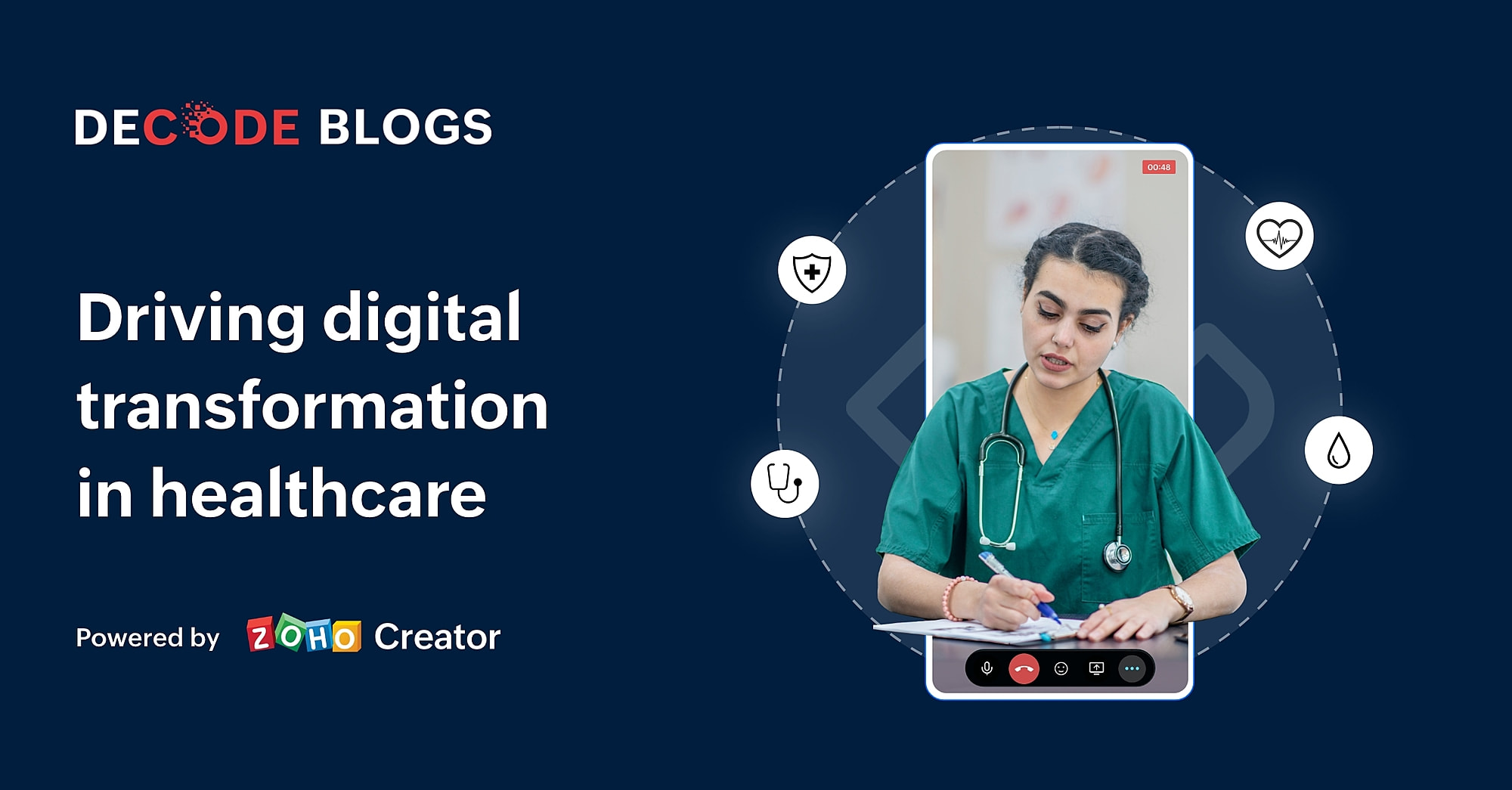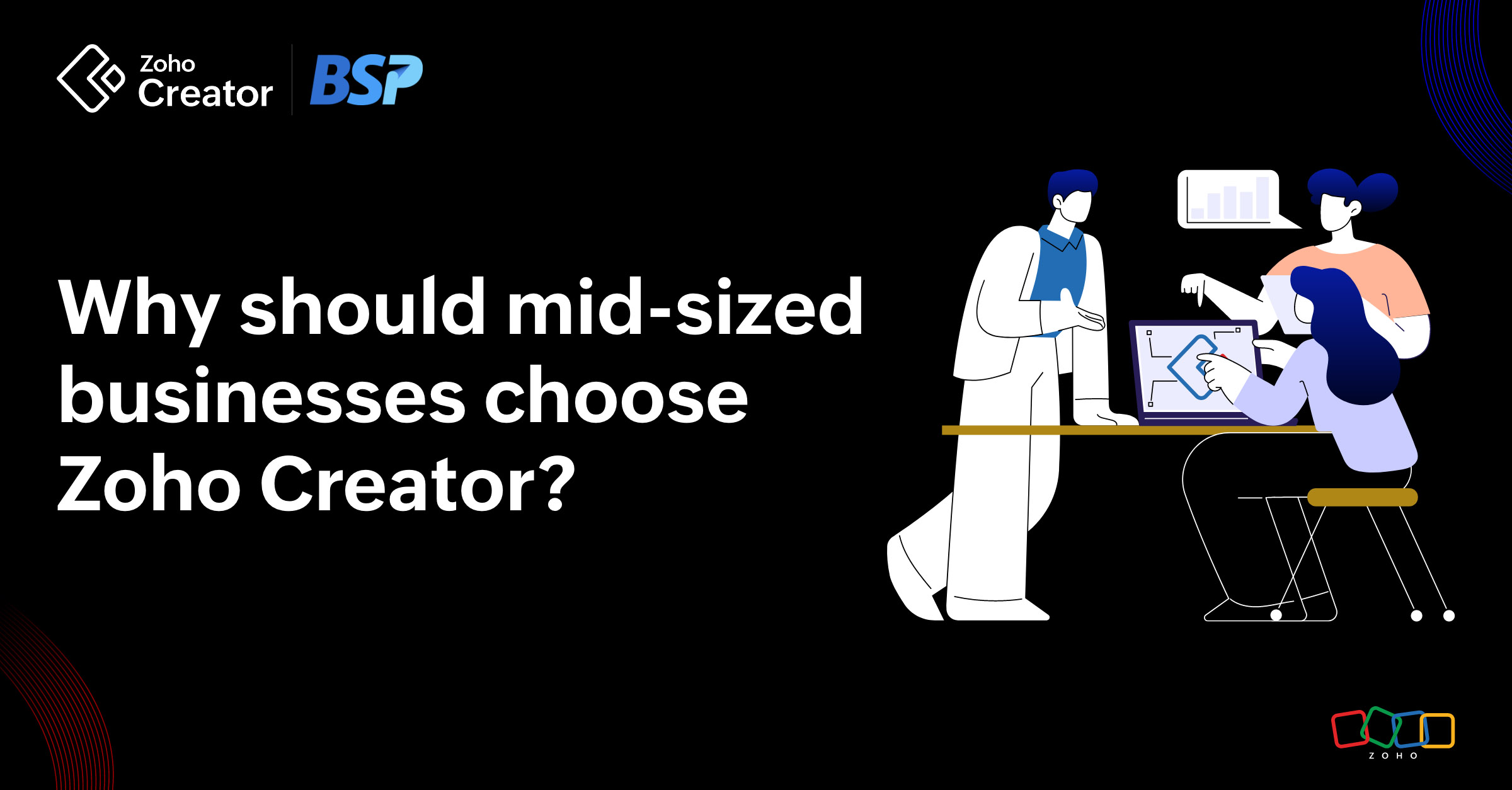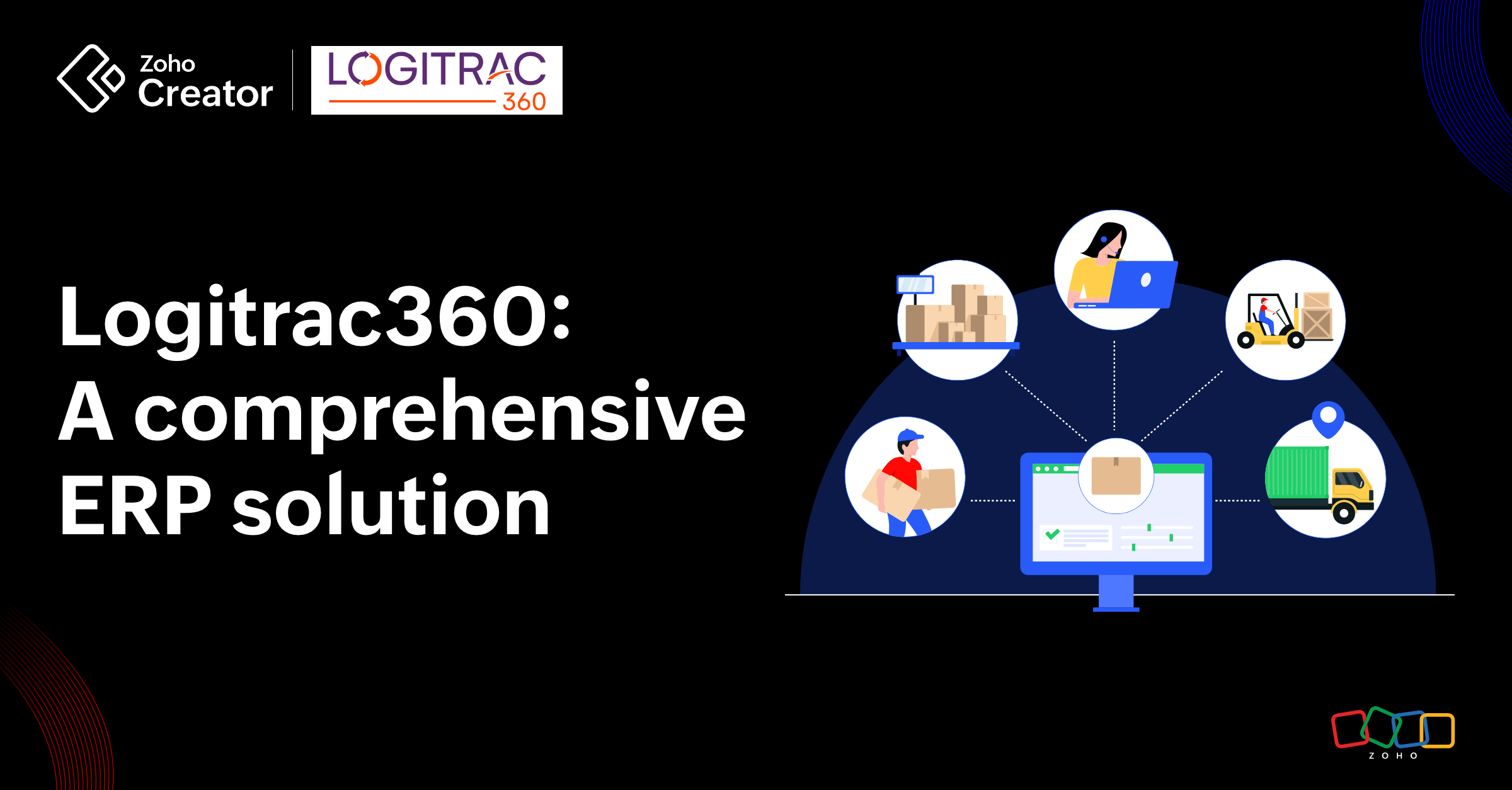- HOME
- Create Your Way
- Driving digital transformation in healthcare
Driving digital transformation in healthcare
- Last Updated : April 20, 2023
- 1.0K Views
- 7 Min Read

Introduction
Digital capability is imperative to staying relevant and thriving in today’s market. Digital transformation has made a considerable impact on the consumer experience, and prioritized convenience across several industries. Today, we're looking at the rise in digital adoption in the healthcare sector—digital healthcare trends, challenges hindering digital disruption, and strategies to accelerate this transformation.
The era of overdue innovation in healthcare
The pandemic has proven to be a catalyst for innovation in healthcare services, and several long-overdue digital transformation initiatives have finally gained momentum in the industry. Most leading healthcare companies responded to this unprecedented disruption with digital and innovative initiatives—new, improved business models that addressed increasing demand and escalating costs.
However, although COVID-19 accelerated innovation, technology adoption in the health sector still lags. While adoption levels of digital healthcare have been promising, healthcare still falls behind sectors like finance and ecommerce, when it comes to providing best-in-class digital experiences to their patients. This adoption lag in healthcare is primarily due to challenges that are unique to the industry, which we'll be looking at later in the article.
Evidence of the greater potential of digital adoption is quite compelling; there are plenty of examples that substantiate the digitalization of healthcare today, like AI-powered medical devices, telemedicine, remote-patient monitoring, and electronic health records.
But technology cannot simply “disrupt” the healthcare infrastructure in the way it does other sectors. To harness the full potential of a digital transformation, healthcare providers and professionals must overcome the disparities between traditional healthcare processes and health tech adoption.
What is digital transformation in healthcare?
Digital transformation in healthcare is the building block of a patient-centric approach to healthcare. It's the usage of technology and cloud-based service models to streamline operations, enhance the patient experience, and make on-demand patient care more accessible and cheaper. Technological advancements, like online appointments, electronic medical records, and unified platforms for data exchange, are all examples of digital transformation impacting the healthcare industry.
The promise of digital transformation for the healthcare industry
Digital transformation—digital healthcare solutions, healthcare tech, and cloud-based healthcare services—promises to change the way healthcare is provided, establish universal health coverage, and improve patient outcomes.
There are numerous benefits awaiting healthcare services embracing digital solutions:
Digital technologies can remodel the healthcare landscape with user-friendly digital healthcare platforms and value-based reimbursement models.
Facilitate on-demand access to health professionals with better healthcare service delivery, such as telemedicine and remote care options.
Improve clinic and operational efficiency in healthcare facilities.
Improved collaboration to reshape the way patients interact with healthcare practitioners.
Healthcare providers can make data-driven treatment decisions, personalize healthcare services, prescribe personalized medicine, and generate predictions for preventative medicine with optimized use of data.
Low-cost AI-led medical devices, like hand-held ECG monitors, for quicker diagnoses and faster treatment.
Better patient monitoring and guidance using wearable medical devices and smartphone apps.
Assistance in understanding patient requirements with shared and synced medical data.
Automated management of patient and staff-related data and administrative processes.
Expedited work, reduced human error, and better patient outcomes with optimized medical software systems.
The challenges in digital healthcare
Digital transformation in healthcare has enormous potential, but a total digital overhaul that transforms the healthcare landscape still remains a work in progress. Here are the important challenges making it difficult for healthcare providers to digitize their services:
Access to synchronized healthcare data - Doctor visits take place across multiple channels, making it harder for health professionals to update patients and sync health records. It's vital for the healthcare industry to create a way to record and update health records for both in-person and virtual visits.
Processing and analysis of data - The challenge is the sheer volume of data that hospitals, clinics, and health professionals generate. Without robust Artificial Intelligence systems that can analyze this data, it's hard for organizations to deliver better and more personalized care to patients.
Data interoperability - The necessary standards for interoperability are still lacking, and existing standards are usually not adopted. Data misrepresentations, missing information, and data errors also lead to poor data quality, hindering interoperability.
Cybersecurity - Cyberattacks can specifically target databases of sensitive personal health information, leading to a disruption of care, damage to the hospital’s reputation, and breach of patient privacy. Constant revamping of the security around digital solutions and encrypting sensitive information is mission-critical.
Organizational readiness - Companies looking to start their digital transformation initiatives must create an organizational infrastructure, with a comprehensive plan to enact and navigate change.
Budgetary and resource restrictions - Healthcare organizations need to access how they derive revenue from the value that they create.
Siloed technology stack - This not only affects the customer experience, but also affects the insight and communication between internal departments.
Availability of a skilled workforce - The transformation of healthcare is highly dependent on the availability of a skilled workforce. Upskilling existing staff is a barrier to overcome in the healthcare industry.
Choosing new technology - There are many competing digital solutions on the market, and it can be difficult to assess which technology will best suit a healthcare organization’s specific needs.
Digital healthcare trends in 2021
Here are some digital transformation trends that have made huge advancements in the healthcare industry in 2021:
Wearables to monitor health
Internet of things (IoT) for patient interaction and asset management
Artificial intelligence for data analytics, medical imaging, precision medicine, and genomics
Augmented reality and virtual reality for treatment
Telehealth and telemedicine
Blockchain to manage medical records
Big data analytics for data-driven actionable insights
Healthcare and wellness apps
Potential solutions
The annual European digital health survey from McKinsey and HIMSS examined the current challenges in digital health in over 30 countries and refined guidelines that can ease the path toward a successful system-wide digital transformation in healthcare:
Governments have a principal role to play in establishing digital transformation in healthcare. Based on the survey's findings, governments that promote digital transformation actively have the most digitally advanced healthcare systems.
Sharing IT infrastructure with other public services, like citizen-ID and consent-management systems, can accelerate progress. Creating user-friendly health information exchange platforms encourages patients to adopt digital services more easily. To learn more, read about Estonia's health information exchange platform, that simplifies the implementation of healthcare inter-connectivity.
We need to rethink and redefine healthcare regulations to protect patient safety. When digitizing healthcare processes, all the patient data that's being processed needs to be handled carefully, following regulations. Germany implemented the Digital Health Care Act that makes insured persons entitled to digital health applications, letting them assume stronger roles as drivers of digital healthcare.
Invest in the right mix of skills to accelerate and support long-term transformation. Digital and healthcare leaders need to make strategic investments in the right workforce skills to deliver technological innovations. Healthcare leaders may need to consider further investment in workforce education programs to promote a mindset transformation toward digital.
Blockchains has the potential to help speed up digital transformation by reducing data accessibility issues.
Stakeholder collaboration is fundamental to a successful digital transformation in healthcare. Establishing successful strategic long-term digital solutions is something all respective stakeholders have to work on together. With the shift to digital healthcare, we'll soon be seeing the rise of software solutions that provide meaningful ways for patients to participate in their own care. Solutions like Digital Front Doors are expected to become the focus for health investment for this very reason patient-centric healthcare.
Redefining healthcare paradigms with digital front doors
Technology can improve the convenience of patient care and outcomes. Digital solutions, like digital front doors, integrated with a healthcare plan can provide tremendous potential for collecting meaningful patient data, easing appointment scheduling, and communication with healthcare providers.
A "digital front door" incorporates a suite of healthcare tools to allow organizations to provide an omnichannel strategy for patient interaction and care delivery. Digital front doors empower consumers and put them at the center of healthcare delivery, and support the shift to digital healthcare.
How agile development can power healthcare innovation
To keep pace with the needs of today's healthcare industry, it's necessary to reimagine the paradigms for digital health regulations. Healthcare organizations that can actively leverage digital solutions and advancements to cater to the needs of diverse patient populations will have a competitive advantage.
We recommend agile development methodologies for building software to bridge the gap between healthcare and digital transformation while reducing costs, to make healthcare more accessible. Agile development is an iterative, incremental model for speed and flexibility that can accommodate new features and updates even in late development stages.
Augmenting agile development with low-code development tools improves your chances for successfully delivering your digital transformation strategy even further. To build quality custom healthcare solutions that meet HIPAA standards, you need an experienced team with a successful track record of building healthcare tools:
Developing secure healthcare tools should be a priority for all healthcare facilities. With all the challenges that healthcare providers face today, choosing a reliable application development platform shouldn't be one of them.
 Rashmi Sasi
Rashmi SasiProduct marketer at Zoho Creator, where she researches and creates content about all things low-code. Writer by day, reader by night, into eclectic books and long sentences, sci-fi enthusiast, and novice painter. Dislikes character limits.




Comments(1)
Lovely article on Digital Transformation in healthcare. I believe the implementation of digital transformation in healthcare enables more accurate health diagnoses and even better & more effective as well as personalized treatment.